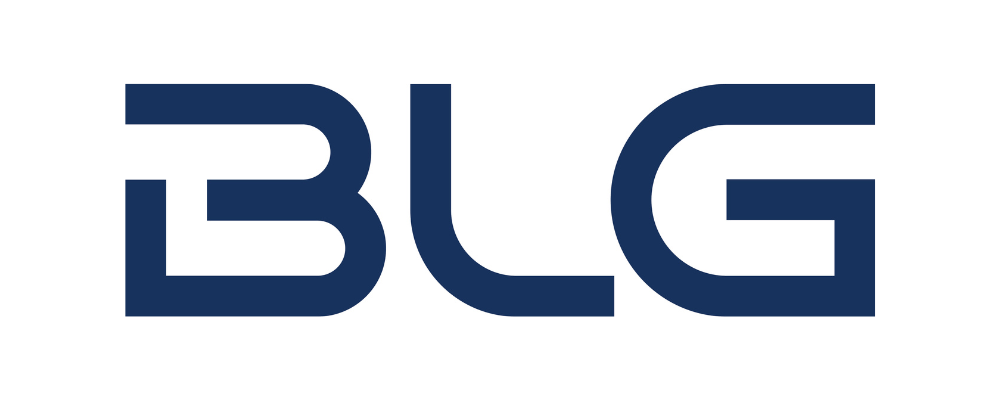Background
On Nov. 4, 2024, the Minister of Service tabled Bill 30, the Service Alberta Statutes Amendment Act, 2024 (Bill 30). Bill 30 introduces proposed amendments to Alberta’s Prompt Payment and Construction Lien Act (the PPCLA) and the Public Works Act (the PWA) that could result in changes to the province’s construction industry. Bill 30 presents an interesting opportunity for the Alberta Legislature to provide additional clarification around the adjudication process under the PPCLA and its intentions with respect to extending prompt payment and the PPCLA’s adjudication regime to government of Alberta construction projects.
Bill 30 was introduced for a second reading on Nov. 6, 2024 with debate regarding the Bill scheduled to resume imminently. Notably, while debating the Bill the Minister expressed that: “as of spring 2025 all new contracts must align with the requirements of the [PPCLA].”1
Proposed changes to the PPCLA
The proposed Bill 30 would amend the legislation as follows:
1. Professional Consultants
Consulting professionals (such as engineers and architects) would have the option to waive their lien rights and avoid lien holdback requirements if their contract expressly contemplates such a waiver. This change provides increased flexibility for consultants, recognizing the unique role they possess on construction projects compared to contractors and subcontractors. This would also bring the legislation in line with the industry practice of not withholding statutory holdback from design professionals.
2. Adjudication
Bill 30 attempts to provide clarity around the nature of an adjudicator’s determination and proposes some changes to the adjudication process, which include:
- 30-day deadline for a Notice of Adjudication is triggered by the final payment date (which is now defined) rather than the completion of the contract or subcontract; and,
- Allowing concurrent dispute resolution methods (e.g. adjudication, arbitration, and litigation in court) to proceed at the same time; however, an arbitration or court order will take precedence over an adjudicator’s order.
Proposed changes to the PWA
Since before the PPCLA’s enactment, industry members have expressed a desire for the prompt payment rules to apply to government-owned construction projects. Bill 30 introduces two significant changes to the PWA to address these concerns:
1. Introduction of prompt payment to government-owned construction projects
Bill 30 introduces a requirement that for public works projects under the PWA, a “proper invoice” must be issued to the province, contractor, or subcontractor (as applicable) at least every 31 days after work begins under a contract or subcontract.
The proposed amendments also align the PWA’s payment deadlines with those of the PPCLA. The province must pay undisputed invoices within 28 days of receiving a proper invoice. Contractors, in turn, must pay subcontractors within 35 days, and subcontractors must pay their own subcontractors within 42 days. Notably, these proposed amendments do not appear to have mirrored the requirements with respect to notices of non-payment, as seen in the PPCLA. As a result, contractors are obligated to pay subcontractors “undisputed” amounts within 35 days of the subcontractor issuing a proper invoice to the contractor, even if the province has not yet made payment to the contractor.
Conversely, the proposed amendments have currently excluded the application of the prompt payment rules to P3 projects due to their complexity and typical inclusion of maintenance. However, the Minister of Service in legislative debates has stated that the principles of prompt payment will be incorporated into P3 contracts.
2. Adjudication – Adoption of PPCLA provisions
Bill 30 also incorporates key adjudication provisions from the PPCLA into the PWA, including the appointment of a Nominating Authority to oversee adjudication. However, unlike the PPCLA, the amendments limit the scope of disputes that can be referred to adjudication. In particular, the following kinds of disputes are excluded from adjudication under the PWA:
- disputes that seek relief other than payment;
- disputes concerning (i) termination of a contract; (ii) construction schedules; (iii) milestones or completion of a contract; and (iv) force majeure or relief events.
- In addition, disputes eligible for adjudication under the PWA are capped at $200,000.
Similarly to the PPCLA’s proposed amendments under Bill 30, the proposed amendments to the PWA permit concurrent dispute resolution methods (e.g. adjudication, arbitration, and litigation in court) to proceed at the same time; however, an arbitration or court order will take precedence over an adjudicator’s order.
Takeaways
If passed, Bill 30 will represent a significant change in the construction landscape, representing a move toward streamlining payment processes and adjudication mechanisms for both public and private construction projects in Alberta. By aligning the PPCLA with the PWA, Bill 30 seeks to maintain cash flow throughout the construction chain, benefiting contractors, subcontractors, and the broader construction industry. However, if the amendments to the PWA are ultimately excluded from applying to P3 projects, a meaningful segment of large-scale projects in the Alberta may not ultimately experience the intended benefit of a prompt payment regime.
Nevertheless, despite the Minister’s claim that the changes to the adjudication processes will encourage contractors to access adjudication to resolve disputes as opposed to using the courts; the currently proposed amendments may in fact discourage adjudication since any party may concurrently start litigation in the courts where a court order will automatically terminate an adjudication. Furthermore, the proposed amendments still leave uncertainty as to whether an adjudicator’s order is interim or final and binding (see our previous article); however, it appears that an adjudicator’s order may in fact be only interim binding.
We will continue to monitor the progress of Bill 30 as it receives further consideration by the Alberta legislature and will provide further updates as they become available. BLG’s Construction Group is available to answer questions about how Alberta’s Bill 30 may affect those in the industry. Reach out to your lawyer or any of the key contacts below for assistance.
1 See Alberta, Legislative Assembly, Hansard, 31st Leg, 1st Sess, No 66 (6 November 2021) at 1947.
By Borden Ladner Gervais LLP “BLG” >>
“As Canada’s law firm, BLG provides high-value advice and advocacy to address our clients’ business challenges and problems. We go beyond legal to anticipate, consult and advise in a rapidly changing digital world.
We have extensive experience acting in specialized and complex deals and disputes. Vigilant, curious and collaborative, we harness technology and innovation to offer our clients exceptional service and value.
With 800+ lawyers across Canada, we serve clients throughout North America, Europe, and Asia. Offering expertise in intellectual property, disputes and corporate transactional matters, our connectivity gives our clients the next-level service required to achieve success in complex and international matters.”
Please visit the firm link to site




